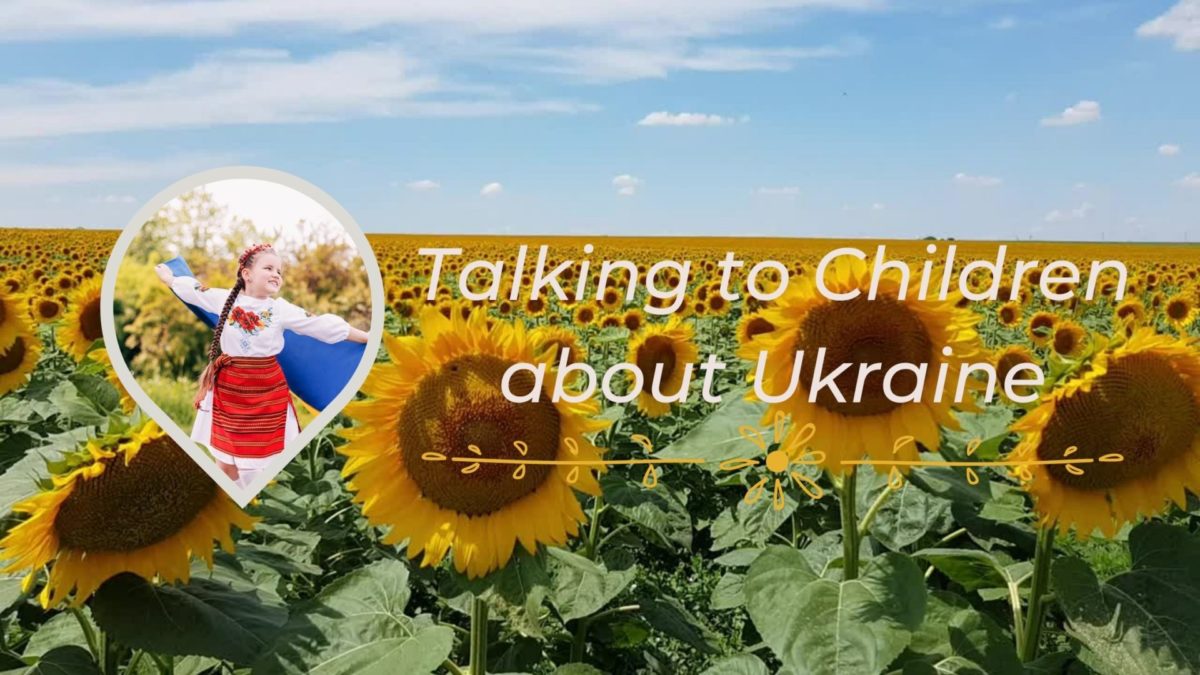The current situation in Ukraine can be frightening for your child(ren). Kids may see disturbing images on TV and social media and/or hear about the possibility of a broader war from media sources or their friends. With this in mind…
- open lines of communication so they know you’re a safe place to share feelings and fears
- let them know world leaders are working together to help resolve the conflict
- be clear, concise, and accurate about information you share and make sure it’s said in a way consistent with your child(ren)’s ages and level of understanding
- be open and honest in what you’re sharing, including your own feelings about the war
- remind your child(ren) that what’s happening in Ukraine may not have much effect on their day to day life
- limit access to news coverage and social media for younger children; talk openly with older kids
Normalize Feelings & Fears
- Encourage your child(ren) to talk about what they’ve seen, heard, or think they know. After school, before homework, or even at the dinner table are good times to ask:
“I wonder if you’ve heard about what’s taking place in Ukraine? Tell me more about what you’ve heard. What are your thoughts about it? How does this make you feel?” - Allow your child(ren) to fully share before jumping in to correct any misinformation. Listen openly; take a breath before responding; empathize with their concerns; address any misperceptions or inaccurate information.
- Share your own feelings about Ukraine:
- “I’m feeling very sad about the war against Ukraine.”
- “I’m also worried about the children and families there.”
- Refrain from saying “the crisis is far away” or “not to worry.” Younger children don’t generally understand geography and distance. Most (but not all) children – regardless of age – worry.
- It’s ok to say, “I don’t know.” It helps normalize the unknown… adults don’t always have the answers.
Check In & Circle Back
- Because there’s so many unknowns related to Ukraine, let your child(ren) know they can talk to you anytime. Children’s brains have their own timetable, so there may be questions that come up at odd times or in strange places. That’s ok… take the time to answer the questions or let your child(ren) know you’ll talk later when in the car or at home. Touch base periodically, and ask open ended questions:
- How are you feeling today or do you have questions about what’s happening in Ukraine?
- What does that make you think about?
- Offer practical ways to help. Participate in fundraising for humanitarian efforts; create artwork in support of Ukraine to hang in windows, on doors, or to post on fences. Children who feel they are helping embrace a more positive sense of being part of the solution.
- Seek out help and resources inside your community including The Family Center


